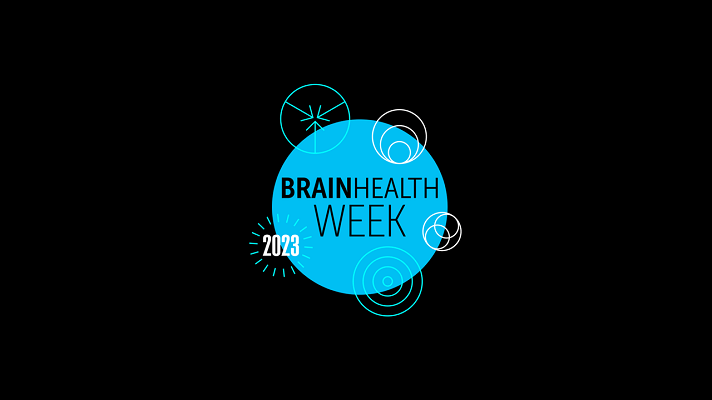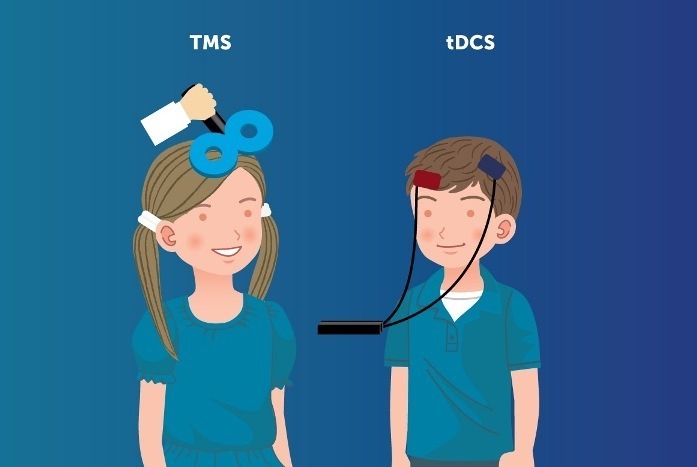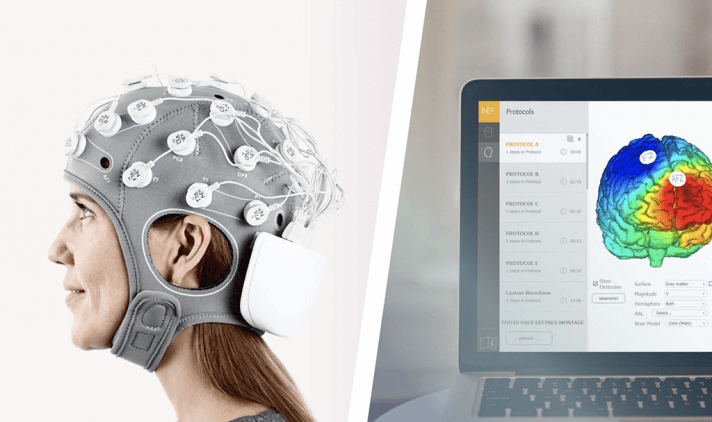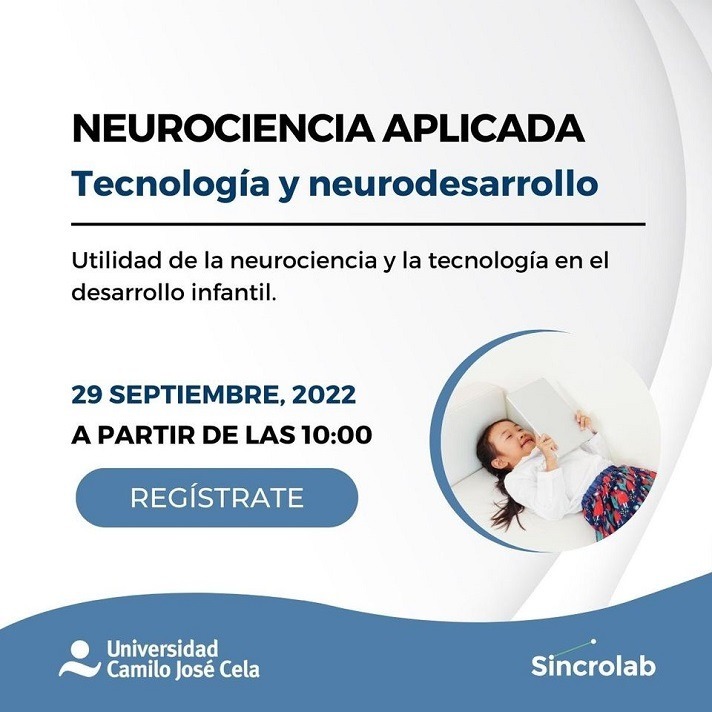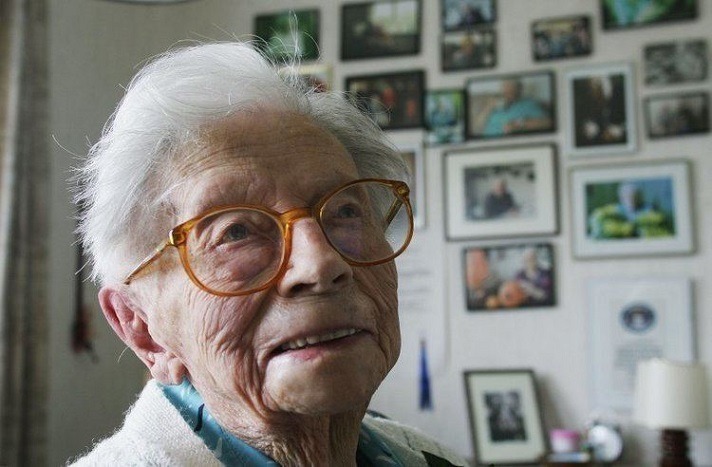Posts Tagged ‘tDCS’
BrainHealth Week starts today! Plus: dancing, personalized mental health, brain stimulation and more
Welcome to a new edition of SharpBrains e‑newsletter, annoucing the kick-off of BrainHealth Week and featuring some stimulating resources and teasers. #1. BrainHealth Week (February 20–24th) starts today: Explore many fun events including a daily text challenge, a talk with the always great Dr. Tom Insel, and more! #2. Without Brain Health, you do not have…
Read MoreThe European Society for Brain Stimulation opposes EU reclassification of TMS and tDCS, claiming a flawed safety assessment
Manifesto: Opposition to EU Reclassification of TMS and tDCS equipment to Class III devices based on flawed evidence (European Society for Brain Stimulation): It has recently come to our attention that the EU has reclassified the NIBS equipments including rTMS and tDCS, as Class III devices, the category of highest risk, similar to invasive treatments,…
Read MoreCombined tDCS neurostimulation and cognitive training found to improve working memory among older adults–especially those with lower starting capacity
Giving memory a lift: Can games and brain stimulation do it? (MedicalNewsToday): A person’s working memory may decline with age or if they have dementia, Parkinson’s disease, or have had a stroke. When this occurs, the loss can affect their day-to-day quality of life, turning even simple tasks into often-demoralizing challenges.
Read MoreMadrid, 29 de septiembre: ¿Cómo debemos aplicar la neurotecnología en la clínica y en la educación?
Descripción: La medicina, la psicología y la educación están asistiendo a la irrupción de una gran cantidad de nuevos enfoques gracias a la colaboración con otras disciplinas como la ingeniería, la electrónica o la computación. Estos nuevos enfoques proponen criterios y maneras de abordar el neurodesarrollo y su aspectos patológicos (TND) de maneras muy diferentes…
Read MoreOn centenarians, memory, Mars, tDCS, ADHD, digital health, beautiful brains, and more
Welcome to a new edition of SharpBrains’ e‑newsletter, featuring ten timely resources and research findings for lifelong brain and mental fitness. #1. Let’s start with a fascinating story and study :-) Study with 330 centenarians finds that cognitive decline is not inevitable … (Henne Holstege, PhD, assistant professor at Amsterdam University Medical Center) said her interest in researching…
Read MoreEmerging applications of transcranial Direct Current Stimulation (tDCS): e‑sports skills training, cognitive enhancement in older adults
10 Minutes of Electrical Stimulation During Gaming Helps Improve e‑Sports Skills (Technology Networks): Researchers at Lero, the Science Foundation Ireland Research Centre for Software and University of Limerick (UL), have found video gamers can significantly improve their esport skills by training for just 10 minutes a day. The research team at Lero’s Esports Science Research Lab…
Read More
